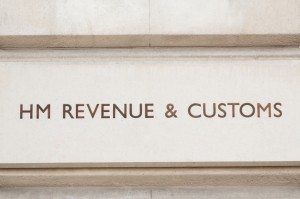HM Revenue & Customs approval for the Seed Enterprise Investment Scheme (SEIS) could be storing up trouble for some investors.
HMRC has a habit of letting financial institutions and businesses self-certify tax compliance then cracking down on investors at a later date when the compliance is found to be flawed.
SEIS is a funding scheme for start-up businesses offering an equity stake in return for cash.
To encourage investment, Chancellor George Osborne has set up a range of generous tax breaks which are probably as good if not better than any available elsewhere.
To qualify as a SEIS, entrepreneurs must meet a number of standards on issuing the shares to investors and keep to a set of rules during the three-year life of the investment program.
SEIS tax breaks
Once a company is listed by HMRC, the tax breaks are approved – like a 50% reduction on income tax paid in the year of investment and capital gains tax exemptions on entering and leaving the program.
So far, around 1,100 fresh start firms have benefitted from SEIS investments of up to £100,000.
According to HMRC figures, SEIS has raised more than £80 million for entrepreneurs desperate for funding because other financing options, like bank loans, have dried up during the credit squeeze.
Unfortunately, SEIS approval by HMRC does not guarantee the investment will be a success.
HMRC’s involvement is strictly to check the new business meets the qualifying rules to join and remain in the SEIS net and represents no endorsement of the likely success or failure of the investment.
That then presents one of the downsides of SEIS investment, and one of the factors holding back lift-off for the scheme no matter how much the government praises progress to date.
Due diligence issues
Investors must carry out their own due diligence of a project before committing their money.
Many may be employees, family or friends connected with the entrepreneurs who have little or no professional business expertise who are sold an idea rather than a solid investment.
The industry rule of thumb puts the cost of due diligence at about 10% the value of the investment, so the maximum cash input of £100,000 into a SEIS probably adds £10,000 to the bill once accountant and lawyer fees are considered.
The issue is not sophisticated investors who specialise in financing start-ups, but the less knowledgeable and experienced funder who remortgages their home or hands over their life savings to fund a turkey.
Few will have the expertise or resources to carry out proper due diligence and may be risking their life savings believing because HMRC has approved the tax relief, the idea is bound to fly.
